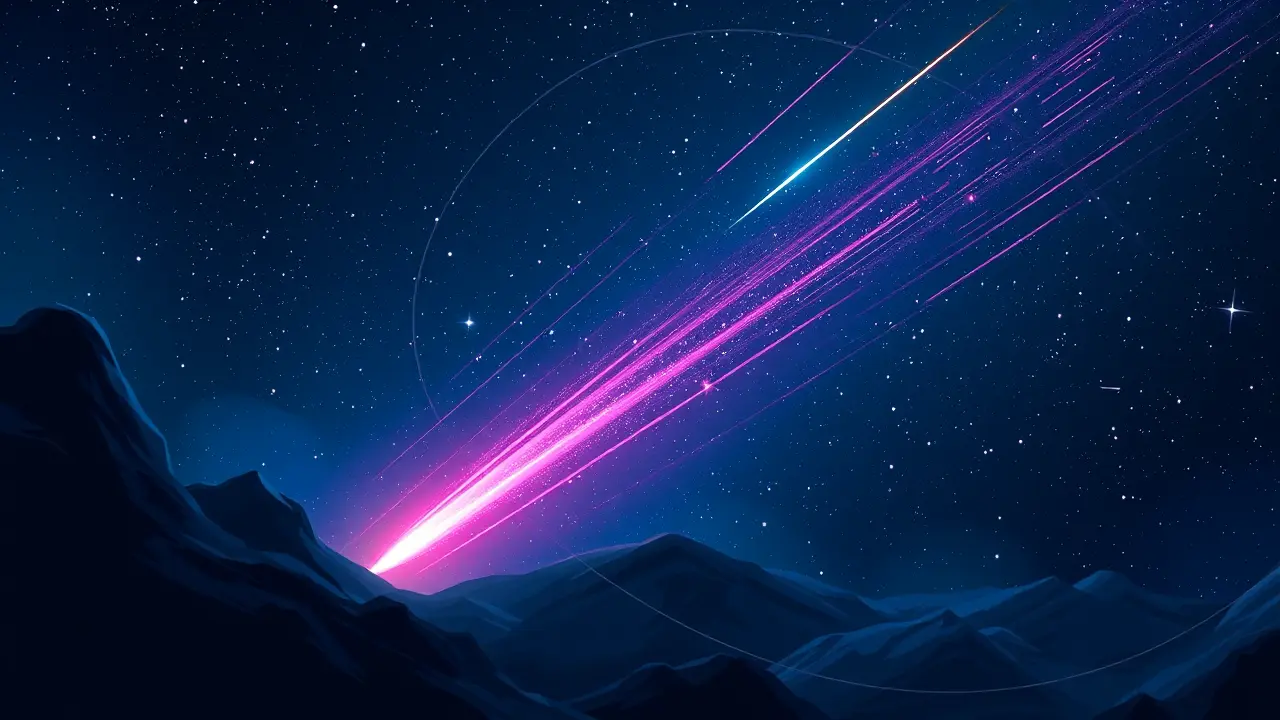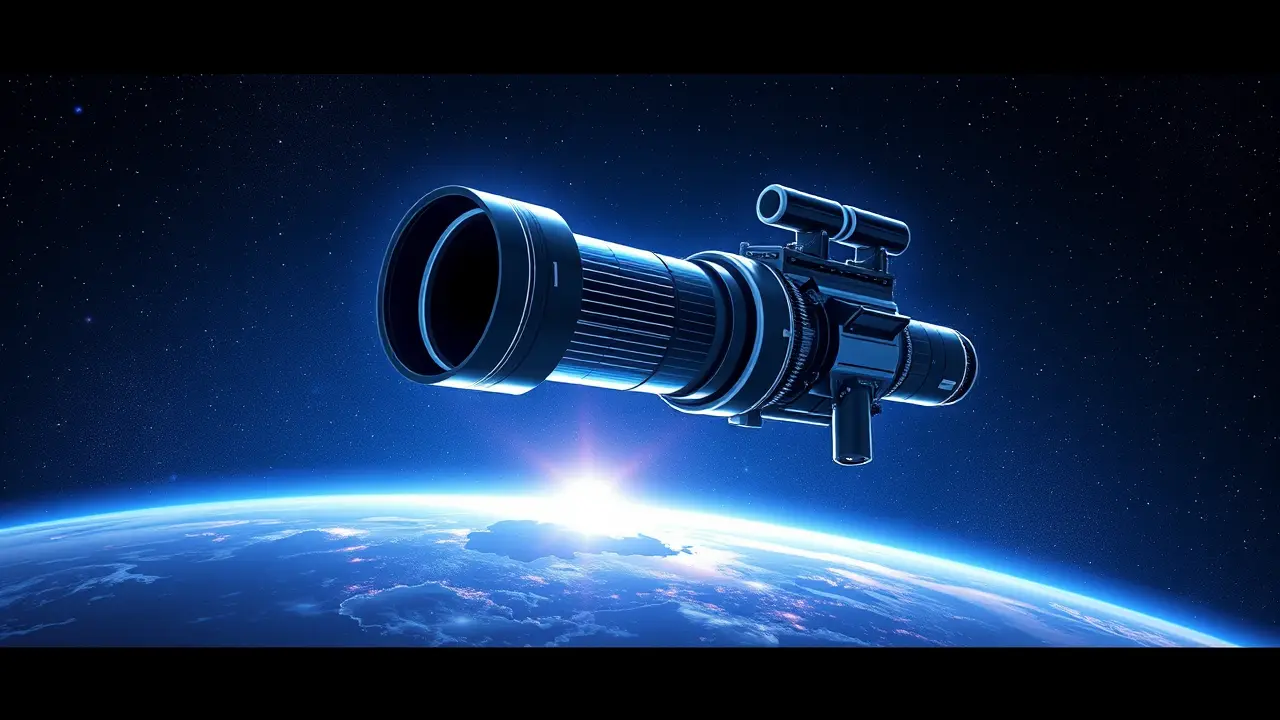
Sciencespace & astronomyNASA Missions
Halloween Fireballs Signal a Hidden Cosmic Threat, Scientists Warn
TH
Thomas Green
3 days ago7 min read
The annual Taurid meteor shower, known for its slow, bright fireballs, is more than a celestial light show. Scientists are increasingly concerned it represents a genuine, if low-probability, planetary defense challenge.Originating from the debris of Comet Encke, the Taurids are the remnants of a much larger object that broke apart millennia ago, creating a vast stream of cosmic material through which Earth passes each autumn. The core of the concern is the 'Taurid resonant swarm'—a hypothesized cluster of larger space rocks, some potentially the size of football fields or even small mountains, hidden within the broader meteor stream.Influenced by Jupiter's gravity, this denser swarm periodically intersects Earth's orbit. Researchers have identified the years 2032 and 2036 as periods of heightened potential risk.To assess the danger, scientists are employing advanced impact simulations and conducting dedicated telescopic surveys to hunt for these dark, hard-to-detect objects. The consequences of an impact are significant; a 100-meter-wide object, a plausible size within the swarm, could release energy equivalent to hundreds of megatons of TNT, devastating a region or causing a major tsunami.This is not theoretical; the 1908 Tunguska event, which leveled a vast Siberian forest, is a stark historical precedent, potentially caused by a Taurid fragment. The 2013 Chelyabinsk meteor, which injured over 1,500 people, further highlighted our vulnerability.While sensationalized claims often circulate online, the scientific community's goal is measured preparedness. The success of missions like NASA's DART proves we can actively defend the planet.However, the Taurid swarm underscores a critical need: a comprehensive survey to identify all potential hazards within this complex stream. This research is a call for vigilance, improved detection, and global cooperation to ensure we are prepared, not panicked, in the face of a potential cosmic threat.
#featured
#Taurid meteor shower
#Comet Encke
#planetary defense
#impact risk
#Mark Boslough
#2032
#2036
Stay Informed. Act Smarter.
Get weekly highlights, major headlines, and expert insights — then put your knowledge to work in our live prediction markets.
Related News
© 2025 Outpoll Service LTD. All rights reserved.
